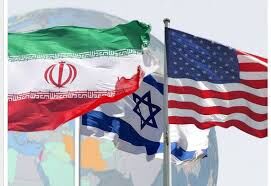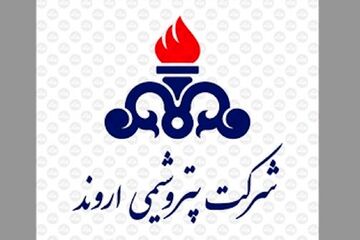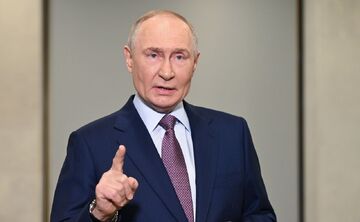TEHRAN(Bazaar) –Shireen Tahmaasb Hunter, a professor of political science at Georgetown University, tells the Bazaar that the recent advance in Vienna talks has to do with the adoption of a more flexible approach by Iran.
She says: “the main reason for a change in Israel's approach is that it has become convinced that the US would neither attack Iran directly nor it would support an Israeli attack.”
“All parties have reached the conclusion that spending more time on talks is useless, and that if there is to be some form of agreement, it could be reached within the February deadline.” Hunter comments.
Following is the text of the interview:
Bazaar: According to the news, the Vienna talks are moving forward. The Western parties also announced for the first time the progress in the negotiations. What is your assessment?
Hunter: In my opinion, the recent advance in Vienna talks has to do with the adoption of a more flexible approach by Iran. Most probably, Iran has abandoned some of its most extreme demands, such as the lifting of all sanctions and US guarantees that future administrations will not withdraw from the nuclear agreement. It is very likely that the Russia has pressured Iran into giving concessions. Russia might hope that by being helpful in Vienne, it could get more concessions from the US and Europe on Ukraine. In other words, Moscow is continuing to manipulate Iran to its own advantage.
Bazaar: According to some news, the negotiations will end by the end of February. This was while with the beginning of the talks in the seventh round, they assessed the situation as complicated and complicated. What happened that brought the views of Iran and the US closer together?
Hunter: I believe that all parties have reached the conclusion that spending more time on talks is useless, and that if there is to be some form of agreement, it could be reached within the February deadline. And if any form of agreement is beyond reach, then there is no benefit in extending the talks beyond February.
Bazaar: During a recent visit to Israel, US National Security Adviser Jake Sullivan told Israeli officials that the threat of a return to UN Security Council sanctions through a snapback mechanism should be used as a means to deter Iran from enriching uranium with weapons grade. That is, the United States intends to activate the snapback mechanism if Iran's enrichment increases. Meanwhile, the head of Iran's Atomic Energy Organization, Mohammad Eslami, has stated that Iran will not carry out more than 60 percent enrichment, even if the talks fail. What is the reason for the US threat to activate the snapback mechanism?
Hunter: Reference to the snapback mechanism and Jake Sullivan's statements in this regard is part of an indirect bargaining process which is going on between Washington and Tehran. By raising the threat of snapback the US is trying to pressure Iran into making concessions, which could make agreement possible.
Bazaar: Israel, which has been opposed to any nuclear deal with Iran, has changed its position, declaring that a deal with Iran is better than no deal at all. What is the reason for Israel's change of position and its acceptance of the revival of the JCPOA?
Hunter: In my view the main reason for a change in Israel's approach is that it has become convinced that the US would neither attack Iran directly nor it would support an Israeli attack. Therefore, Israel has decided that limiting the level of Iran's uranium enrichment and thus preventing it from developing weapon grade material is the best it can hope for.
















نظر شما